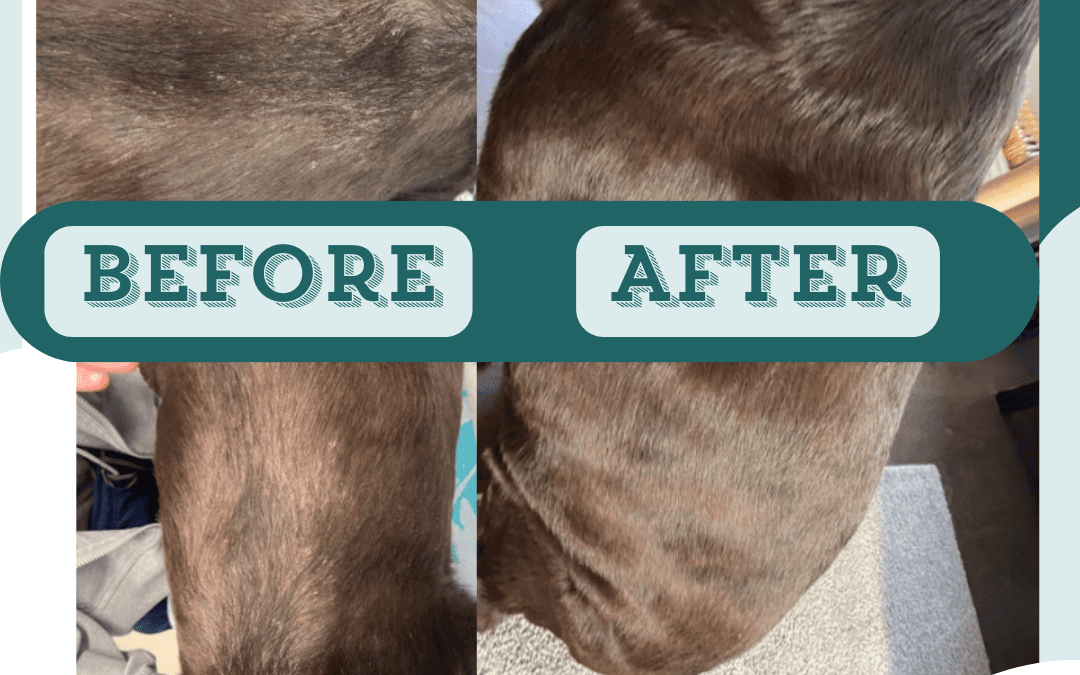That’s where I come in. I love these complicated and frustrating cases where I can offer a fresh look…an integrative medicine look. What does that mean? It means looking back in time to the origins of the issue. It involves combing through all that expensive testing and multitude of treatments to figure out a new strategy. It also means merging Eastern and Western medicine. I’m always going to offer the recommended Western medicine treatment or testing, if it’s right for your pet, but maybe there’s an herb or alternative option like acupuncture or ozone or food therapy that might be that magic ingredient to improve your pet’s health issue.
You may be concerned that the vet you trusted for years will be offended if you decide to seek a second opinion. However, most veterinarians understand and will encourage you to do so to feel comfortable and assured with your pet’s treatment. If a doctor is insulted by your choice to get another opinion or pressures you in any way, they may not be the best choice to engage with in the future. My philosophy is as veterinarians we are a community dedicated to providing a team for you and your pet in order to find the best solution to his or her complicated health issues.
Let’s consider Mali, a 14 year-old cat, who came to me with uncontrolled hyperthyroidism with the start of related heart disease, and newly diagnosed kidney failure. Mali despised the prescription kidney diet sent home by his vet. He also had a terrible reaction to oral and transdermal medication for hyperthyroidism. He wasn’t a candidate for radioactive iodine treatment for hyperthyroidism and he refused the prescription diet that might help his thyroid illness. His regular vet suggested euthanasia. Mali’s mom was distraught. Aside from weight loss and frequent bathroom trips, he was social and happy. I agreed that he didn’t look like he was ready to give up on life. A little extra testing discovered the poor boy had an awful urinary tract infection that, once treated, resolved the elevated kidney values. We tried an herbal treatment for hyperthyroidism which he tolerated well and started him on necessary blood pressure medication. And… six months later Mali continues to feel great and is living his best life. Does he have serious medical issues that are ongoing? Yes. But we will make him feel as best we can for as long as possible.
Let’s next consider Zoe, a Labrador retriever who had suffered for over 8 months with flaky, mildly itchy skin, and dramatic hair loss. She had been diagnosed with “allergies,” but never seemed to improve with treatment. She’d been prescribed round after round of antibiotics and anti-itch medications. When I first saw her, she had thin hair coat with a lot of flakes. Her fur came out in clumps. After a skin biopsy I diagnosed her with an autoimmune skin disease called sebaceous adenitis. Finally, we had a diagnosis for her problem! No wonder she wouldn’t respond to allergy treatment. Sebaceous adenitis is usually a devastating and frustrating condition that is tough to control with Western medicine. However, integrative medicine with herbal treatments can work wonders for this problem. Through a combination of herbal therapy and appropriate topical treatment after a few months she showed dramatic improvement. This will remain a life-long issue, but she is comfortable, no longer itchy, and looks amazing.



